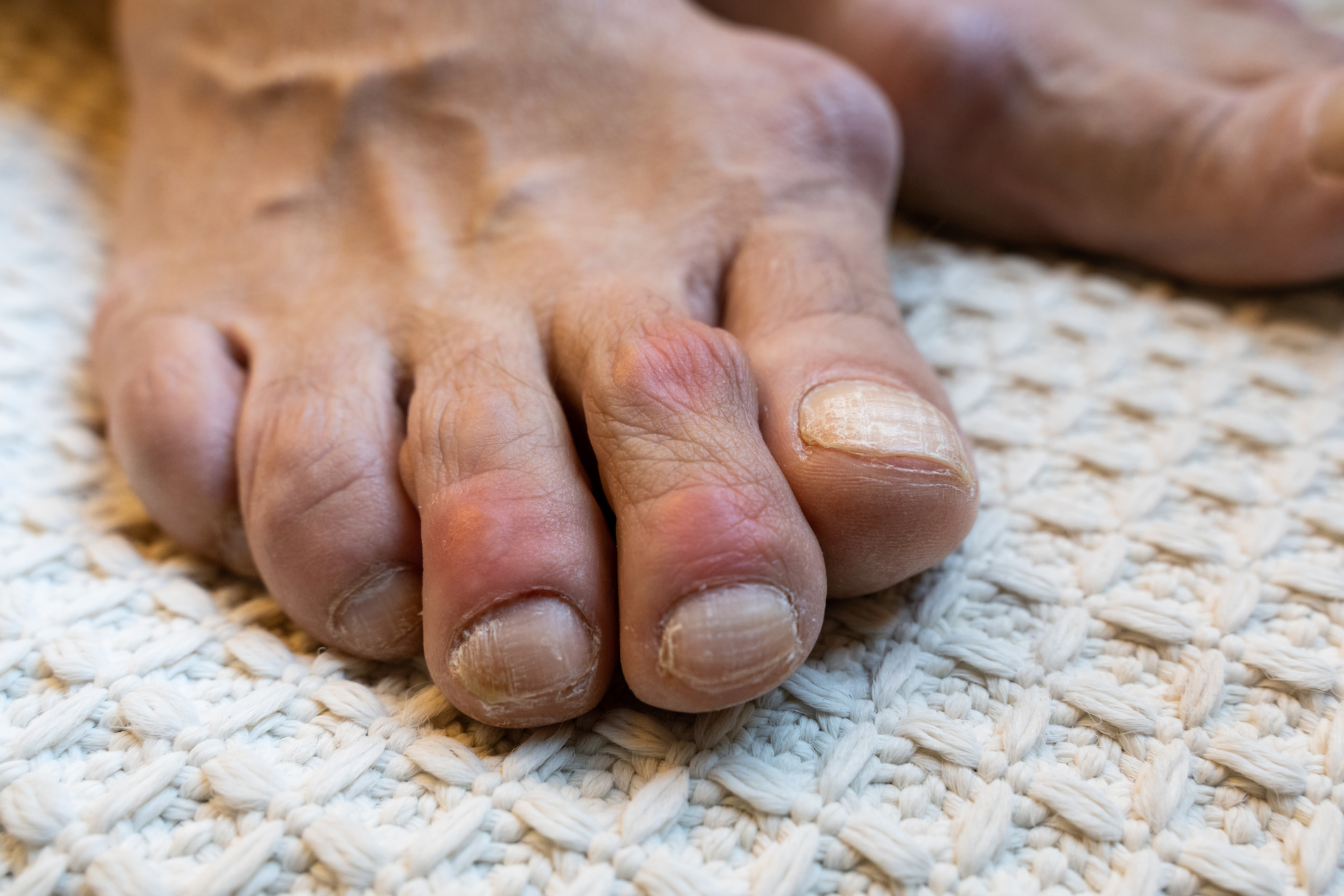
Gout is a type of arthritis characterized by sudden and severe attacks of pain, swelling, and redness in the joints. It is caused by the buildup of uric acid crystals in the joints, which leads to inflammation and pain. While gout can affect people of any ethnicity, there are some traditional Asian remedies and practices that have been used to manage gout symptoms. It’s important to note that these remedies are not substitutes for medical treatment, and it’s always advisable to consult with a healthcare professional for an accurate diagnosis and appropriate treatment plan. Here are some Asian gout treatment practices that have been suggested:
- Herbal Remedies: Traditional Asian medicine often incorporates various herbs believed to have anti-inflammatory properties. For example, in Traditional Chinese Medicine (TCM), herbs like cinnamon bark, licorice root, and white willow bark may be used to help reduce inflammation and relieve pain associated with gout. However, the effectiveness of these herbal remedies in managing gout has not been extensively studied, and it’s crucial to consult with a qualified TCM practitioner before using them.
- Diet and Lifestyle Modifications: Certain dietary and lifestyle changes can help manage gout symptoms. In many Asian cultures, emphasis is placed on a healthy diet, which includes a variety of vegetables, fruits, whole grains, and lean proteins. Some traditional Asian foods that may be beneficial for gout management include tofu, soy products, green tea, and cherries. These foods are believed to have anti-inflammatory properties and can potentially help reduce gout symptoms. Additionally, limiting the intake of purine-rich foods such as organ meats, shellfish, and certain types of fish (e.g., anchovies, sardines) is often recommended.
- Acupuncture: Acupuncture, a practice originating from TCM, involves inserting thin needles into specific points on the body. It is believed to help restore the flow of energy and promote overall well-being. While acupuncture has been used for pain management, including arthritis, there is limited scientific evidence on its effectiveness specifically for gout. It’s best to consult with a licensed acupuncturist for personalized guidance.
- Stress Reduction: Stress can trigger gout attacks or exacerbate symptoms. Engaging in stress-reducing practices such as meditation, yoga, tai chi, or other relaxation techniques can potentially help manage gout. These practices are commonly employed in Asian cultures to promote overall well-being and balance.
It’s important to note that while these Asian treatment approaches may have cultural and historical significance, scientific evidence supporting their effectiveness in managing gout is limited. Medical treatment for gout typically involves medications such as nonsteroidal anti-inflammatory drugs (NSAIDs), colchicine, or urate-lowering drugs prescribed by a healthcare professional. It is always advisable to consult with a healthcare provider for an accurate diagnosis and appropriate treatment plan tailored to your individual needs.
See More on Video

The End Of GOUT Program™ By Shelly Manning The program, End of Gout, provides a diet set up to handle your gout. It is a therapy regimen for gout sufferers. It incorporates the most efficient techniques and approaches to be implemented in your daily life to heal and control gout through the source.